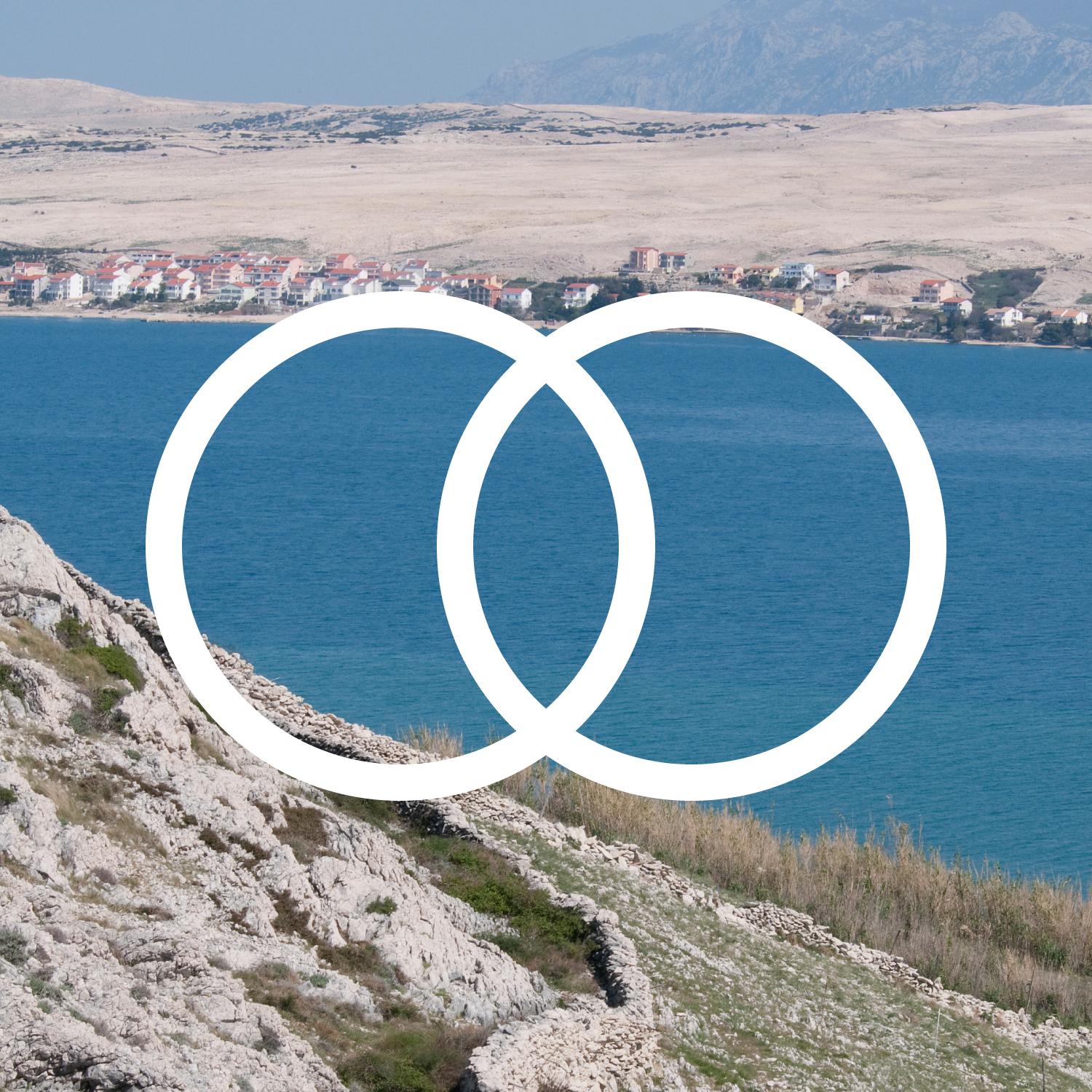When it comes to learning – there is no substitute for the power of real experience and fresh perspective. We deliver compelling, surprising, and powerful leadership programmes & workshops. Rooted in the real-world. Both in-person and online. For people of all generations: from students & young people thinking about their futures, to high-potential and senior leaders looking to make a wider impact in their organizations and society.
We do this work globally, at scale - across hubs in Bangalore, Berlin, Chicago, Dublin, Hong Kong, Istanbul, Johannesburg, London, Melbourne, and Singapore. All ignited by the transformative power and potential of learning.We give them the skills, mindset, and spark to find a common purpose.













